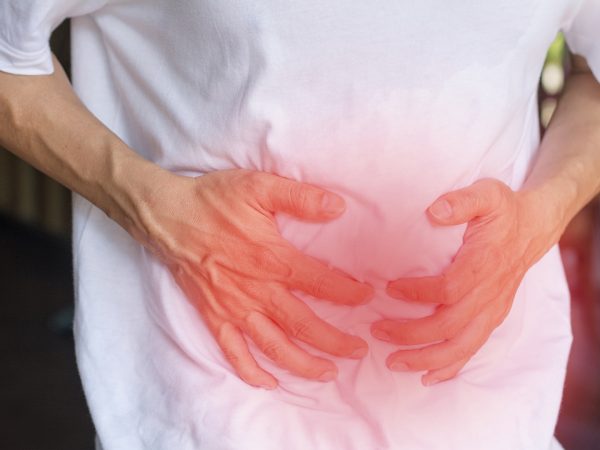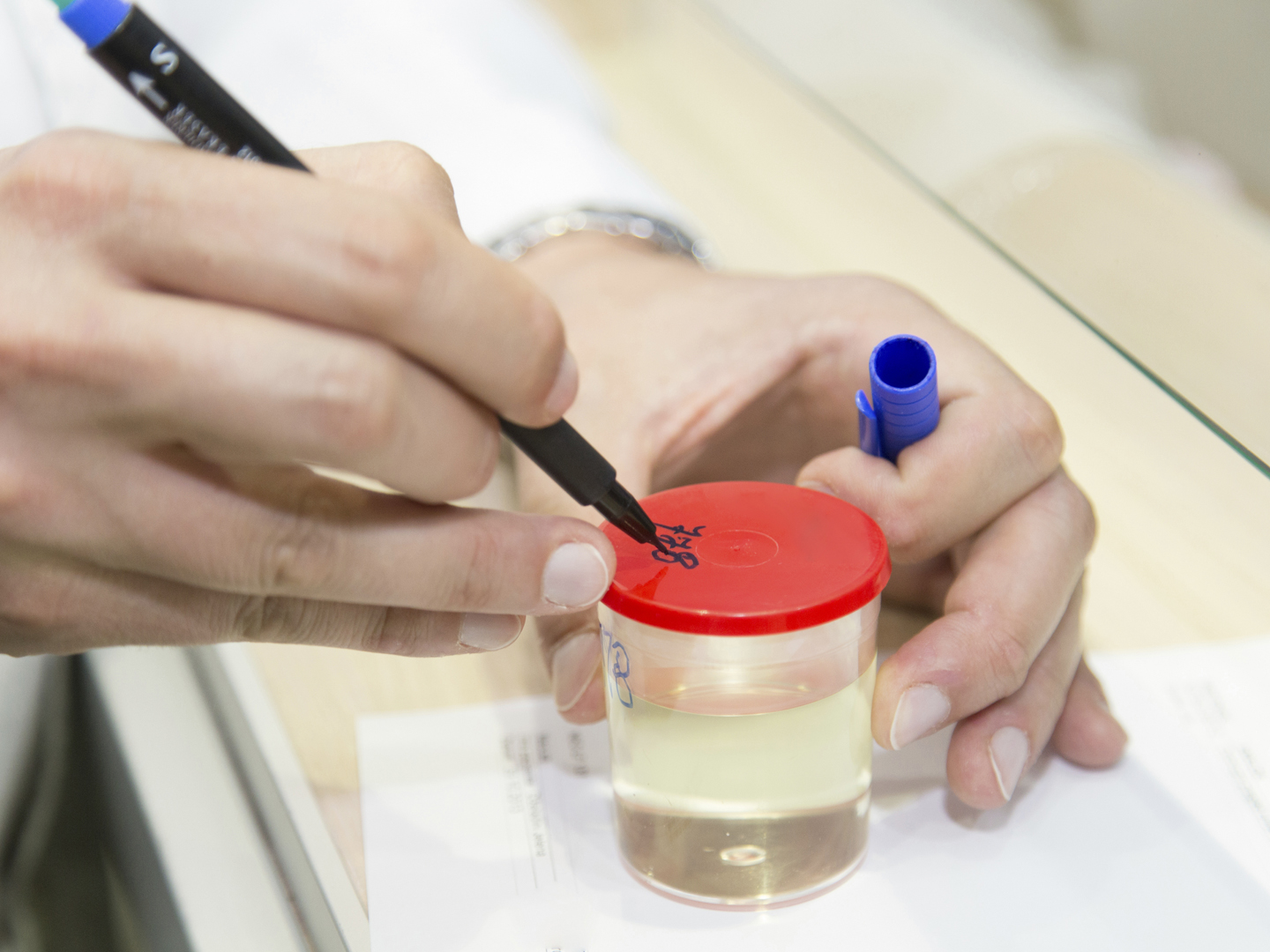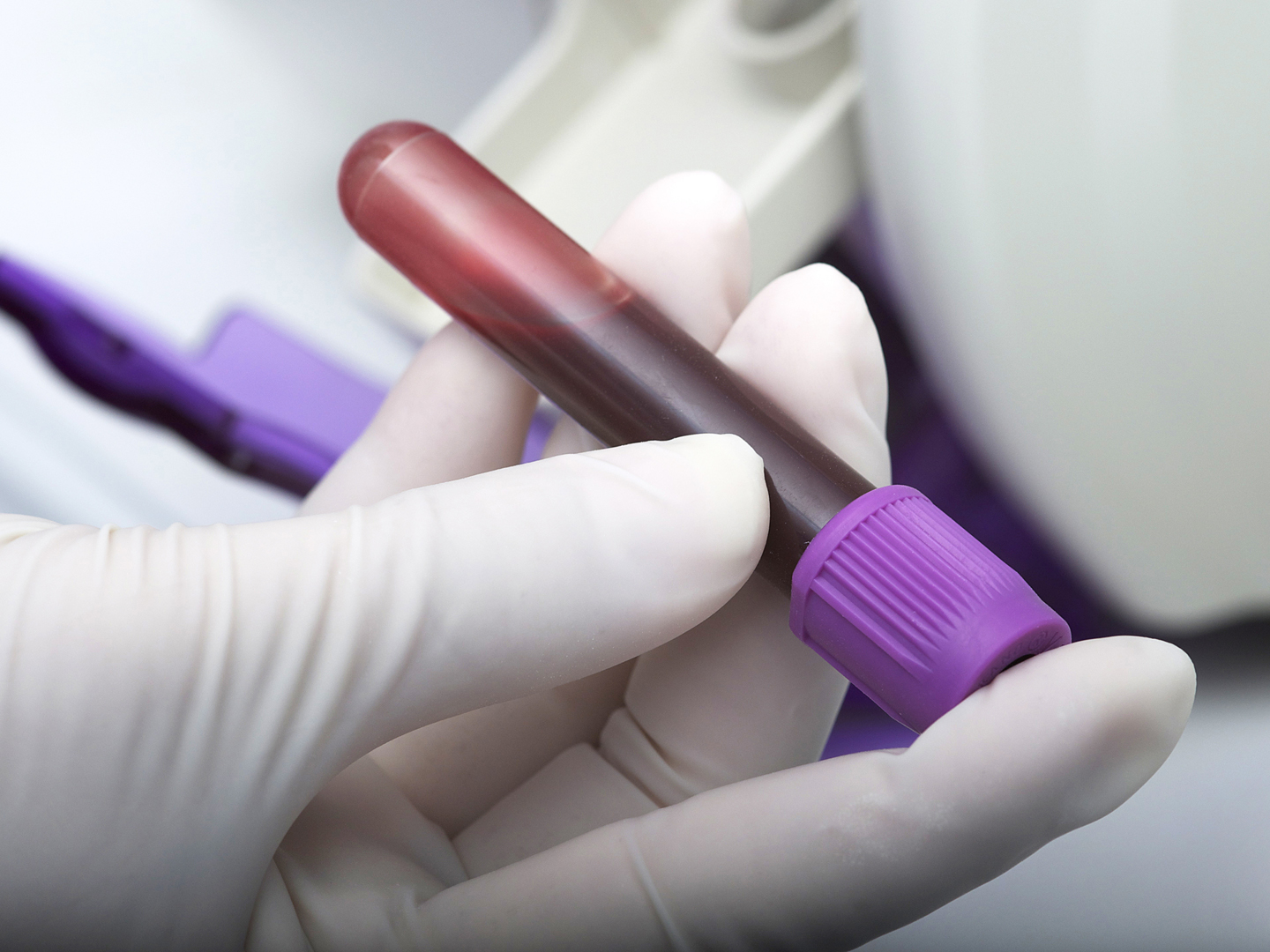Is Ox Bile Safe For The Treatment of Gallstones?
Is this digestive supplement helpful for painful gallstones?
Andrew Weil, M.D. | October 19, 2021

Most gallstones are formed from excess cholesterol, which hardens into stones that range in size from tiny (the size of a grain of sand) to large (the size of a golf ball). Less frequently, gallstones are made up of bilirubin, a substance in bile, the fluid that helps us digest food. Both types develop in the gallbladder, and most of the time they do not cause any symptoms. When they do — often when they get stuck in the duct between the gallbladder and the small intestine — they can be extremely painful, mimicking the symptoms of a heart attack in some people. Unfortunately, ox bile will not help once gallstones are causing pain, and surgery to remove the gallbladder is often the most effective solution.
Gallstones are common, occurring in 10 percent to 20 percent of adults. Family history plays a part in their development, as do ethnicity and age. Female sex hormones are strongly implicated in the formation of gallstones, with premenopausal women more than twice as likely as men to form them (that risk evens out after menopause). There are, however, strong links between modifiable lifestyle factors and gallstones, so changes in habits can help reduce the risk.
While obesity is a major risk factor, rapid weight loss can actually increase the chances of forming gallstones. If you need to lose weight, it’s healthier to do so in a slow and steady process rather than a crash diet or through surgery. Increasing consumption of vegetables and other plant-based foods, reducing intake of fatty and sugary foods, and increasing activity levels, are the basics of healthy weight loss (see my guide to obesity).
Staying well hydrated can also help reduce your risk of forming gallstones, so be sure to drink plenty of water. Vitamin C, calcium supplements, and curcumin have all been shown to reduce the incidence of gallstones. (Women need more calcium than men; see my guide to gallstones for more details.)
If you do develop painful gallstones and you are not a good candidate for surgery, your doctor may prescribe a drug called ursodiol. Ursodiol works by slowly dissolving gallstones, and it is also used to prevent them in those undergoing obesity surgery since rapid weight loss can trigger their formation. It is not a quick fix – it can take months to years to dissolve the stones, which may recur – so surgery is usually the first line of treatment for painful symptoms. Advances in laparoscopic surgery have made gallbladder removal much less traumatic than it once was; it may not even require an overnight stay in the hospital.
Some people report digestive symptoms after surgery to remove the gallbladder, and taking digestive enzymes may help. Ox bile and lipase are ingredients in many products. On its own, however, ox bile is unlikely to resolve the painful episodes caused by untreated gallstones.
Andrew Weil, M.D.
Sources:
Stinton, Laura M, and Eldon A Shaffer. “Epidemiology of gallbladder disease: cholelithiasis and cancer.” Gut and liver vol. 6,2 (2012): 172-87. doi:10.5009/gnl.2012.6.2.172 https://www.ncbi.nlm.nih.gov/pmc/articles/PMC3343155/
Shaffer EA. “Epidemiology and risk factors for gallstone disease: has the paradigm changed in the 21st century?” Curr Gastroenterol Rep. 2005 May;7(2):132-40. doi: 10.1007/s11894-005-0051-8. PMID: 15802102. https://pubmed.ncbi.nlm.nih.gov/15802102/
Bagepally BS, Haridoss M, Sasidharan A, Jagadeesh KV, Oswal NK. “Systematic review and meta-analysis of gallstone disease treatment outcomes in early cholecystectomy versus conservative management/delayed cholecystectomy.” BMJ Open Gastroenterol. 2021 Jul;8(1):e000675. doi: 10.1136/bmjgast-2021-000675. PMID: 34261757; PMCID: PMC8280848. https://pubmed.ncbi.nlm.nih.gov/34261757/
Wang DQ, Carey MC. Therapeutic uses of animal biles in traditional Chinese medicine: an ethnopharmacological, biophysical chemical and medicinal review. World J Gastroenterol. 2014 Aug 7;20(29):9952-75. doi: 10.3748/wjg.v20.i29.9952. PMID: 25110425; PMCID: PMC4123376. https://pubmed.ncbi.nlm.nih.gov/25110425/












